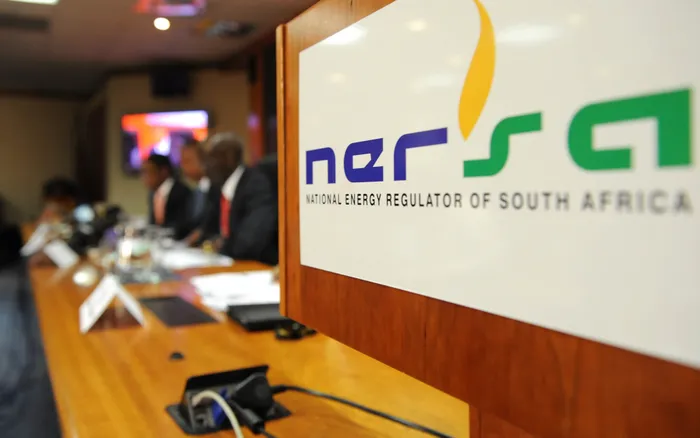
The National Energy Regulator of South Africa has underscored the critical need for accelerated policy and regulatory reforms to firmly establish gas as a cornerstone of the nation’s energy landscape.
Image: Supplied
Banele Ginidza
The National Energy Regulator of South Africa (Nersa) has recommended acceleration of policy and regulatory reforms to entrench gas in the country's energy mix.
This call comes against the backdrop of ongoing concerns regarding the underdevelopment of the local gas industry, which remains heavily reliant on the Sasol Mozambique natural gas project due to a lack of significant indigenous proven gas reserves.
According to the strategy report published by Nersa on Tuesday, the energy regulator pointed out that while there's a robust long-term potential for domestic gas production, immediate steps must be taken to diversify gas supply sources.
This includes enhancing pipeline connectivity from Mozambique via the ROMPCO pipeline and securing liquefied natural gas (LNG) imports from both regional and international markets.
Despite the promising synergies between natural gas and renewables, NERSA noted with concern that both sectors have developed independently rather than in an integrated manner.
The report warned that a similar disconnect could emerge as South Africa explores its nascent hydrogen economy, which remains largely conceptual at this stage.
Nersa said although a myriad of government policies and strategic plans recognised the need for gas in South Africa’s energy mix, the gas industry had not seen significant development beyond the Sasol Mozambique natural gas project.
"While opportunities that seek to drive gas development exist, the industry is faced with challenges and barriers that continue to undermine the critical role that gas can play to contribute to the country’s energy security and climate change goals," Nersa said.
The report further highlighted the limited success of extensive offshore exploration efforts over the last 50 years across South Africa’s five major hydrocarbon basins.
Only one producing offshore gas field, the PetroSA F-A/E-M, has been discovered, and it has since depleted. Prospects such as the Ibhubesi gas field remain undeveloped, while uncertainty looms over the Total Brulpadda exploration project following TotalEnergies' recent withdrawal.
Currently, South Africa imports approximately 160 million gigajoules of natural gas annually from Mozambique’s Pande/Temane fields, mainly through Sasol Gas and Kwande Gas via the ROMPCO pipeline.
To mitigate the constraints of indigenous gas supply, the country is looking to tap into regional sources such as the Rovuma Basin in Mozambique, Angola, Tanzania, and Namibia, alongside pursuing LNG imports.
To facilitate this shift, Nersa has urged the development of more robust gas infrastructure, particularly LNG import facilities at key port locations like Richards Bay, Coega, and Saldanha.
A well-defined LNG import strategy is essential to ensure that procurement frameworks deliver competitive pricing and maximise benefits for the South African market.
Additionally, the regulator emphasised the importance of expanding pipeline infrastructure to support potential domestic gas production and prioritising new gas-to-power generation capacity.
This approach is framed as critical to achieving the scale necessary for the development of extensive gas infrastructure.
Nersa has also called for expedited completion of legislative instruments such as the Gas Amendment Bill and the Upstream Petroleum Resources Development Act to provide clarity and certainty in the industry.
In recognising the synergy between gas and renewable energy, Nersa is advocating for the implementation of the Gas IPP Procurement Programme as a foundational element within the Integrated Resource Plan (IRP).
It encourages aligning the Gas Master Plan (GMP) with ongoing initiatives and proposals, incorporating considerations for converting existing diesel and coal-fired power stations into gas-fired facilities as part of a medium- to long-term strategy.
Notably, Nersa has approved five companies for small-scale LNG infrastructure projects, including a small-scale liquefaction plant and storage solutions, with a combined investment of R6.6 billion.
Moreover, four companies have been licensed for virtual compressed natural gas (CNG) projects, further supporting the growth of private sector initiatives in the gas landscape.
The small-scale LNG market is poised for rapid development, predicted to outpace the traditional gas pipeline sector alongside the anticipated advancements in LNG infrastructure facilitated by the Department of Mineral Resources and Energy’s Independent Power Producer procurement programme.
BUSINESS REPORT